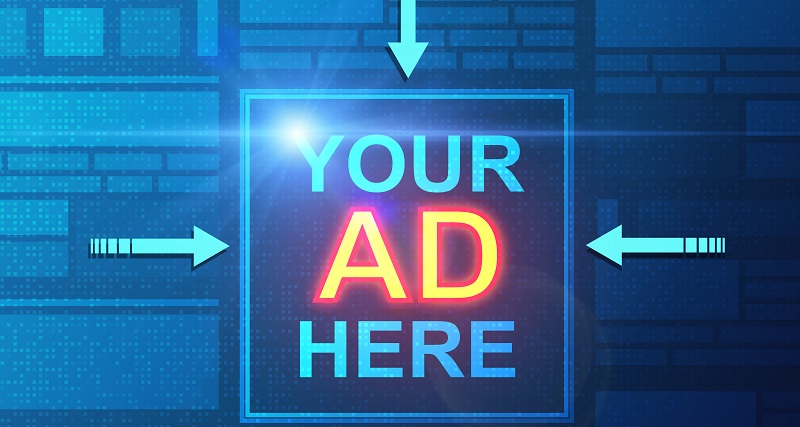Psychology
Peep Into The Psychology Of Internet Trolls-Gaurav Sood – BW Businessworld
Everyday we hear brands, celebrities; politicians complain about being trolled on social media and are scared to share their views on controversial topics. Even brands get trolled making it difficult to protect their brand image. So who are these Trolls? Troll is a person who sows discord on the social media by posting inflammatory messages targeting strong brands and personalities. Someone who relishes this online freedom is called a troll. The term came from the fishing technique of slowly dragging a baited hook from a moving boat.
Remember the time when we subscribed to social media (facebook, twitter etc.) to get connected, share ideas and access free flowing information in the digital space. But now people say and do things in social media that they wouldn’t ordinarily say and do in real time situations. Psychologists call this the “online disinhibition effect”, which is of two types – The Benign Disinhibition and Toxic Disinhibition. The former involves sharing of personal things including secret emotions, fears and wishes and the later one involves rude language, harsh criticism, anger, hatred, even threats.
Benign Disinhinition is an act of better understanding oneself by exploring new emotions and experimental dimensions to one’s own identity. In contrast, toxic disinhibition is a blind release of strong repressed emotions without any personal growth. John Suler, Department of Psychology, Rider University, Lawrenceville, New Jersey has explored six factors that interact with each other in creating this online disinhibition effect: dissociative anonymity, invisibility, asynchronicity, solipsistic introjection, dissociative imagination, and minimization of authority.
INTERNET GIVES YOU ANONYMITY
Though people might open their social media accounts with their email and phone numbers but this may not reveal much about their personal details, they can also alter their identity by giving false information. This anonymity gives them the courage to act online in that manner, which may not match their real life image. Also this gives them the freedom to disown any wrong action committed on the Internet by just saying, “It’s not me”.
INTERNET MAKES YOU INVISIBLE
Mostly all the social media platforms are text driven whether it is twitter, whatsapp, etc. Since conversations on these platforms are not face-to-face, therefore this invisibility feature gives courage to people to say things, which otherwise they wouldn’t. People don’t have to worry about how they look or sound when they type a message. They don’t have to worry about how others look or sound in response to what they say.
NOT REAL-TIME INTERACTIONS
Our emails, facebook and twitter posts are asynchronous. People don’t interact with each other in real time. Others may take minutes, hours, days, or even months to reply. Not having to cope with someone’s immediate reaction disinhibits people. In real life the situation is not so and a person gets real time reactions and therefore is more cautious as to what to say.
IT’S ALL IN YOUR HEAD
Absent face-to-face cues combined with text communication can alter self-boundaries. People may feel that their mind has merged with the mind of the online companion. Reading another person’s message might be experienced as a voice within one’s head, as if that person’s psychological presence and influence has been assimilated or introjected into one’s psyche.
INTERNET AS A DREAM VIRTUAL REALITY
If we combine the opportunity to easily escape or dissociate from what happens online with the psychological process of creating imaginary characters, we get a somewhat different force that magnifies disinhibition. Consciously or unconsciously, people may feel that the imaginary characters they “created” exist in a different space, that one’s online persona is in a make-believe dimension, separate and apart from the demands and responsibilities of the real world. Therefore, they view the Internet as rather their dream virtual reality, and split their personal life between the two. They start not to care about their behavior in a dream world where they have the control.
MINIMIZATION OF STATUS AND AUTHORITY
While online, a person’s status in the face-to-face world may not be known to others and may not have as much impact. Authority figures express their status and power in their dress, body language, and in the trapping of their environmental settings. The absence of these cues in the text environment of cyberspace reduces the impact of their authority.
Trolling is a game about identity deception, albeit one that is played without the consent of most of the players. Researcher Ben Radford wrote about the phenomenon of clowns in history and modern day in his book Bad Clowns and found that bad clowns have evolved into Internet trolls. They do not dress up as traditional clowns but for their own amusement, they tease and exploit “human foibles” in order to speak the “truth” and gain a reaction. Experts believe that the Internet will go worse in the future. Some worry this will hurt the open exchange of ideas and compromise privacy. Trolls and bullies seem to have started behaving uncontrollably and disruptively online, but could technology and other techniques be used against them?
http://businessworld.in/article/Peep-Into-The-Psychology-Of-Internet-Trolls/22-07-2017-122637/
On – 22 Jul, 2017 By Gaurav Sood





